AI Agents in Software Development: Revolutionizing the Coding Process
In recent years, the software development landscape has been undergoing a significant transformation, driven by the integration of artificial intelligence (AI) and machine learning technologies. At the forefront of this revolution are AI agents based on Large Language Models (LLMs), which are reshaping how developers approach coding, testing, and maintenance tasks. This article explores the current state and future potential of AI agents in software engineering, highlighting their applications, architecture, and impact on the industry.
Introduction: The Rise of LLM-based Coding Assistants
LLM-based coding assistants, powered by advanced AI models like GPT-4, have emerged as powerful tools in the developer’s arsenal. These AI agents can understand and generate human-like text, including code, making them invaluable for a wide range of software development tasks. As these technologies continue to evolve, they promise to enhance developer productivity, improve code quality, and accelerate the software development lifecycle.
Key Applications of AI Agents in Software Engineering
Automated Code Generation and Optimization
AI agents excel at generating code based on natural language descriptions or high-level specifications. They can produce entire functions, classes, or even small applications, often faster and with fewer errors than human programmers. For example, GitHub Copilot, built on OpenAI’s Codex, can suggest code completions and entire function implementations as developers type.
Learn more about GitHub Copilot: https://github.com/features/copilot
AI-Powered Code Review and Quality Assurance
AI agents can perform automated code reviews, identifying potential bugs, security vulnerabilities, and style inconsistencies. They can suggest improvements and refactorings, helping maintain high code quality standards. Tools like DeepCode (now part of Snyk) use machine learning to provide intelligent code reviews and security analysis.
Explore Snyk’s AI-powered security: https://snyk.io/product/snyk-code/
Machine Learning for Advanced Software Testing
AI-driven testing tools can generate test cases, perform automated testing, and even assist in GUI testing for mobile applications. These tools can identify edge cases that human testers might miss and can continuously learn from new bugs and test results to improve their effectiveness over time.
Intelligent Debugging Tools
AI agents can assist in debugging by analyzing error reports, program behavior, and historical data to locate and suggest fixes for bugs more efficiently than traditional debugging methods. This can significantly reduce the time developers spend on troubleshooting issues.
End-to-End AI Development Platforms
Some advanced AI systems aim to handle entire software development lifecycles, from requirements gathering to deployment. These platforms use multiple specialized AI agents that collaborate to manage different aspects of the development process, potentially transforming how software projects are executed.
Architecture of AI Agents for Software Development
AI Planning Strategies in Software Engineering
AI agents employ various planning strategies to break down complex development tasks into manageable steps. These can include single-path planning for straightforward tasks, multi-path planning for exploring alternative solutions, and dynamic planning that adapts to changing requirements or unexpected challenges during development.
Machine Learning Memory Systems for Context Awareness
To maintain context and learn from past experiences, AI agents use sophisticated memory systems. These can include short-term memory for maintaining context within a single coding session and long-term memory for retaining knowledge across multiple projects or coding tasks.
AI Perception in Understanding Code and Documentation
Advanced AI agents can process both textual and visual inputs, allowing them to understand code, documentation, and even UI elements. This multi-modal perception enables them to provide more comprehensive assistance across various development tasks.
Action Execution and Tool Integration
AI agents can interact with development tools, run tests, and manipulate code repositories. This integration allows them to not just suggest changes but also implement them, streamlining the development process.
Multi-Agent AI Systems in Software Development
Many AI systems for software development use multiple specialized agents that collaborate to solve complex tasks. These multi-agent systems can mimic the structure of human development teams, with different agents handling specific roles such as coding, testing, and project management.
Human-AI Collaboration in Programming
Balancing Automation and Human Creativity
While AI agents can automate many aspects of software development, human creativity and problem-solving skills remain crucial. The most effective approach is often a collaboration between human developers and AI assistants, combining the strengths of both.
Challenges in Human-AI Interaction
Integrating AI agents into development workflows presents challenges, including ensuring that developers maintain their skills and understanding of the code being produced. Developing effective interfaces and interaction models for human-AI collaboration in programming is an active area of research.
Benchmarking and Evaluating AI Coding Assistants
As AI agents become more prevalent in software development, establishing comprehensive benchmarks and evaluation metrics becomes crucial. These should assess not only the quality and efficiency of code generation but also factors like security, maintainability, and alignment with human developer intentions.
The Future of AI in Software Development
Emerging Trends and Technologies
Future developments in AI for software engineering may include more advanced multi-modal systems that can understand and generate code across multiple programming languages, improved natural language understanding for translating complex requirements into code, and AI agents that can explain their decision-making processes to developers.
Potential Impact on the Software Industry
The widespread adoption of AI in software development could lead to significant changes in the industry, potentially altering job roles, development methodologies, and even the skills required for software engineering careers.
Conclusion: Embracing AI for Enhanced Software Engineering
AI agents are poised to become indispensable tools in the software development process, augmenting human capabilities and driving innovation. As these technologies continue to evolve, they promise to make software development more efficient, accessible, and capable of tackling increasingly complex challenges. Embracing this AI-driven future while addressing its challenges will be key to realizing the full potential of software engineering in the years to come.


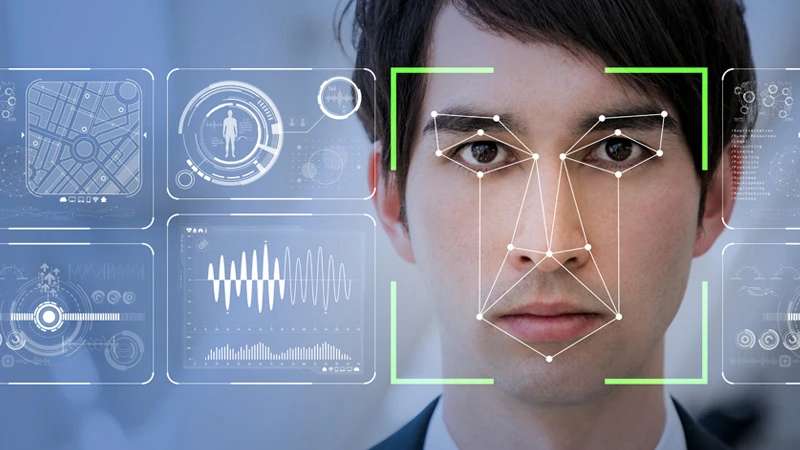
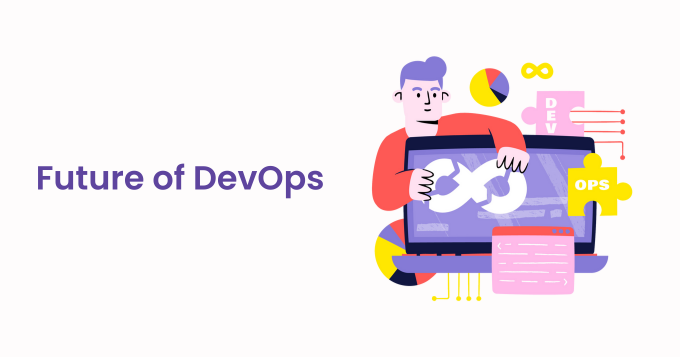
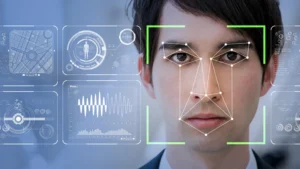
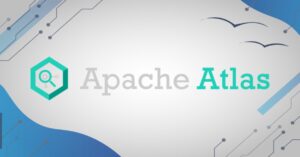

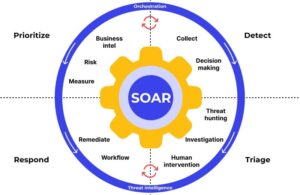






Post Comment